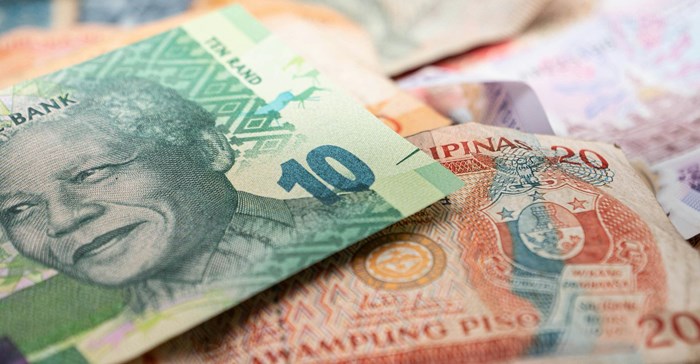
Subscribe & Follow
#BudgetSpeech2024: The future of foreign exchange

“To promote trade, the Budget states that authorised dealers will be given greater discretion over certain payment arrangements for customer foreign currency accounts, provided they are satisfied that the relevant transactions are legitimate and have viewed suitable documentary evidence, as reported to the Reserve Bank’s Financial Surveillance Department,” says Stian Van Zyl from Kuda FX, a foreign exchange specialist.
“This development and process aligns with improving South Africa’s financial reputation overall.”
Prioritising trade, investment and business growth
In terms of settling foreign-exchange transactions, authorised dealers will be permitted to process transactions for customers’ foreign currency accounts for all current account payments.
Previously, authorised dealers may have been limited here, possibly requiring special permissions. With the proposed change, authorised dealers will have more flexibility to facilitate foreign-currency transactions for various current-account payments, potentially easing processes for individuals and businesses dealing with international transactions.
Authorised dealers will be permitted to process all related party agreements relating to current-account payments if applicants provide suitable documentary evidence confirming that the agreements are in accordance with transfer pricing rules contained in section 31 of the Income Tax Act (1962), in line with the OECD Guidelines and subject to normal reporting requirements of the Financial Surveillance Department.
Foreign investment facilitation
“Additionally, authorised dealers can process requests from unlisted companies operating in the technology, media, telecommunications, exploration, and research sectors to establish offshore entities or list their primary operations offshore, raising foreign loans and capital up to R5bn, aligning with foreign direct investment policy,” Van Zyl adds.
“However, investments exceeding R5bn per company per year necessitate approval from the Financial Surveillance Department. Intellectual property transfers and share-swap mechanisms still require prior approval.”
The finance minister announced South Africa will reduce its borrowings over the medium term by using a portion of valuation gains in the gold and foreign exchange contingency reserve account (GFECRA) held at the South African Reserve Bank.
This account captures gains and losses on South Africa’s foreign currency reserve transactions, and the balance has grown to R500bn+ over the years because of the Rand’s depreciation against the US Dollar.
“This is good news and serves as a reminder on the appeal and diversification found in investing in foreign currencies,” says Bobby Wessels from AJM Tax, partner and tax specialists working with Kuda FX.
“Governments benefit from foreign currency transactions through various mechanisms like stabilising their domestic currency, facilitating international trade, and managing foreign reserves to support economic policies. For everyday investors, engaging in foreign currency transactions can provide diversification, potentially higher returns, and opportunities to hedge against currency risk in their investment portfolios.”
Strengthening South African systems
Minister Gondongwana said that South Africa’s long-term tax policy strategy remains focused on broadening the tax base while improving tax compliance and administrative efficiency, particularly through rebuilding and modernising Sars.
The tax authority has expanded the tax register, improved debt collections and reduced fraudulent refunds and trade valuations, which have positively contributed to revenue collection.
“It is preferable that government is focusing on compliance-related measures to increase the collection of revenue, while cutting government expenditure to facilitate the existing budget deficit,” Wessels adds.
Addressing South Africa’s greylisted status and measures to counter financial fraud, R628m has been allocated in the Budget to the Department of Justice and Constitutional Development for the implementation of Financial Action Task Force (FATF) and State Capture Commission recommendations, bringing the total funding to these efforts to R2.3bn.
South Africa will host the annual meetings of the New Development Bank later this year and next year, the presidency of the G20. As emphasised in the recent State of the Nation address, President Ramaphosa aims to prioritise Africa's development to ensure the success of these events, showcasing South Africa's continued leadership on the regional and international stage.
“These are great developments and goals as South Africa aims to get back on track as a trusted nation with a fruitful financial system and economy, but due to slow economic growth, the case certainly remains for taking money offshore, made simpler through investing in foreign exchange.
"The ZAR is on a medium- to long-term weakening trend and the state of the South African economy and government will not change this trend soon. Foreign exchange investing is crucial for long-term wealth because it provides diversification beyond domestic assets, reducing overall portfolio risk. It allows investors to capitalise on global economic trends.” Van Zyl concludes.











